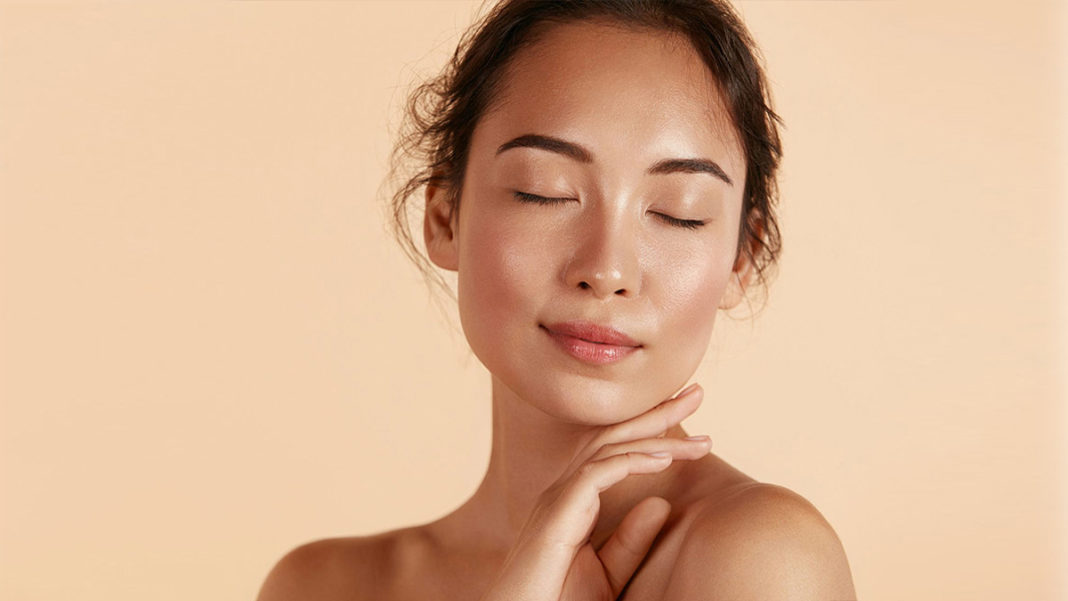It’s extremely common for the skin to look and feel different with the changing weather. This change is especially evident in the winter months when the skin starts drying up quickly and appearing flaky.
Cold temperatures and lower humidity levels sap the moisture right out of the skin, which leaves the skin looking duller and more cracked and textured than usual. In fact, for many, winter dryness can cause redness, irritation, and itchiness of the skin. This makes it even more important to learn how to keep the skin protected throughout the season. Learn how to make homemade toner without any artificial ingredients.
Hydration is key to maintaining skin health during winter. Ramandeep Singh, industry expert and Founder of beauty brand Lisen, shares 7 tips for hydrated, younger-looking skin.
1. Add humectants to your skincare routine
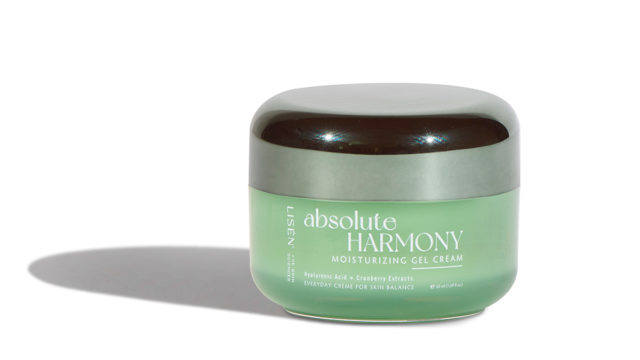
Humectants are ingredients that attract moisture from the environment and hold it to the skin’s surface. They play an essential part in hydrating the skin. Popular humectants include Hyaluronic Acid, Glycerine, Urea, and Propylene Glycol.
2. Look for emollients in the ingredients list
Emollients, on the other hand, are skin-softening agents that keep the skin supple and decrease inflammation, so the skin feels more comfortable or less itchy. Examples of emollients include Cocoa Butter, Colloidal Oatmeal, Squalene, Triglycerides (lipids), etc.
3. Opt for products with occlusives to prevent water loss
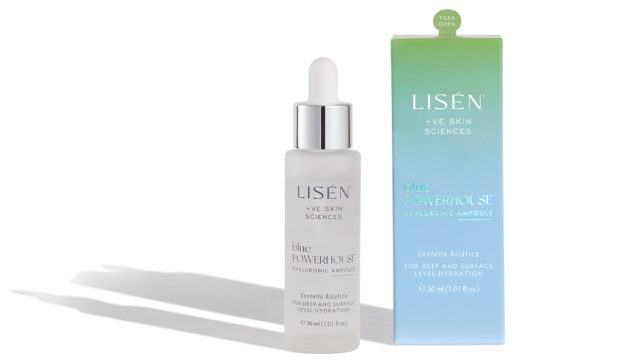
Occlusives are moisturising ingredients that create a physical barrier on the skin to prevent transepidermal water loss and lock in hydration. Petroleum, Lanolin, Waxes, Plant and Mineral oils, and Dimethicone are some of the most commonly used occlusive agents.
All of these ingredients serve their purposes individually, but together they address and treat dryness and dehydration most efficiently so, make sure you add them all to your skincare routine. A great and simple way to do this
4. Moisturise when your skin is still damp
The skin gets stripped of its natural oils every time you wash your face, hands, or body. It’s vital for us to restore that disturbed oil balance to prevent the skin from getting dry. This is why you must use a moisturiser immediately after washing your face or taking a shower.
In fact, applying a moisturiser to semi-damp skin is a great idea too, as it helps seal the hydration into the skin really well.
For convenience, you can place your moisturiser in the bathroom cabinet or at the sink, so you can reach out for it right after you wash your face or body.
5. Steer clear of harsh ingredients
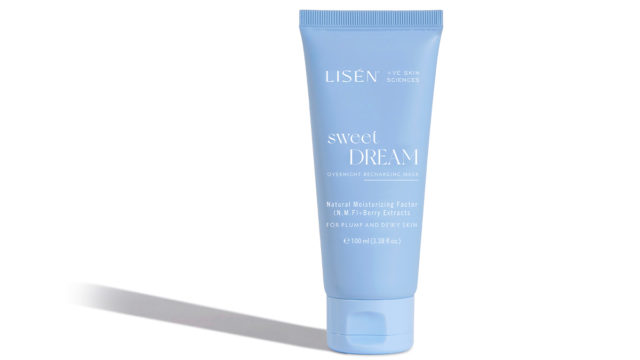
Lower temperatures can cause the skin to be sensitive and easily irritated. It’s best to skip products that contain ingredients like alcohol, SLS, or astringent as they rip your skin off its natural hydration. In addition, avoid heavily fragranced products that might increase the skin’s sensitivity issues.
6. Don’t over-exfoliate
Try to practice skin exfoliation less frequently during winter. Opt for chemical exfoliants like exfoliating acids instead of physical exfoliators and scrubs, and ensure the frequency of exfoliation is low. Otherwise, you would risk over-exfoliating the skin, which may lead to a damaged skin barrier. Chemical exfoliants include different acids that are available in a range of concentrates—salicylic acid, glycolic acid, lactic acid, and Azelaic acid, among others.
7. Wear sunscreen every day
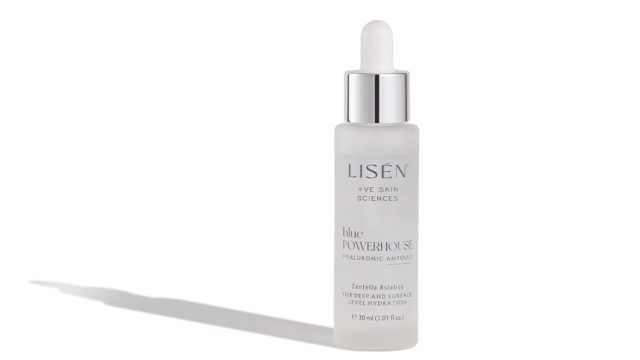
It can be tempting to cut that sunblock out of your daily morning routine, considering the shorter days and reduced intensity of sunlight in the winter. However, that doesn’t mean your skin is immune to sun damage.
Even during the colder months, harmful UV rays compromise your skin barrier and cause a host of problems. These problems include dehydrated skin and various signs of photoaging like dark spots, blotches, wrinkles, roughness, and discolouration. The skin problems also extend to more painful health concerns like sunburns and polymorphic light eruption (PMLE).
So, make sure you add a layer of sunscreen as the last step to your skincare each morning because, without that, all the other hydrating and moisturising products will be of little to no use in the end. And don’t forget to reapply if you are outdoors for long hours.
Key Takeaways
- Humectants, emollients, and occlusives are like magic potions for your skin. Humectants act as a natural hydrator for your skin, while emollients contribute to the suppleness of the skin and treat inflammation. Occlusives lock in hydration by preventing water loss from the skin’s surface. While these ingredients do serve their purpose when used individually, use them all together for the best results.
- Taking a shower rips your body with its natural oils, leading to skin drying. Apply moisturiser liberally all over your body to restore its natural oil balance and keep it well hydrated.
- Give ingredients like alcohol, SLS, or astringent a miss as these dehydrate your skin faster. What’s more, avoid heavily fragranced products as they aggravate sensitivity issues of your skin. Not just that, exfoliate your skin less during winters. Be partial to exfoliating acids over physical exfoliators and scrubs to avoid over-exfoliating of your skin.
- Apply sunscreen every day even if you are not stepping out. Not doing so during winter will yet again cause skin dehydration, sunburns, and a wide host of other skin issues. Simply moisturising during winter is not sufficient for the wellness of your skin. Not applying sunscreen also may defeat the benefit of using moisturisers.
The bottom line here is that, in winter, the skin needs a little bit of extra nourishment and protection from the harsh environment. Hence, the role of hydration and moisturisation become more critical than ever. So, the focus of your skincare should be around the same. Click here to know some amazing home remedies for dull skin.
But then again, while the skin’s needs may change with the drop in temperature, that doesn’t mean that you have to take drastic steps and completely alter your regular skincare routine. A few conscious steps and tweaks to your skincare is more than sufficient to ensure that your skin is functioning optimally.

